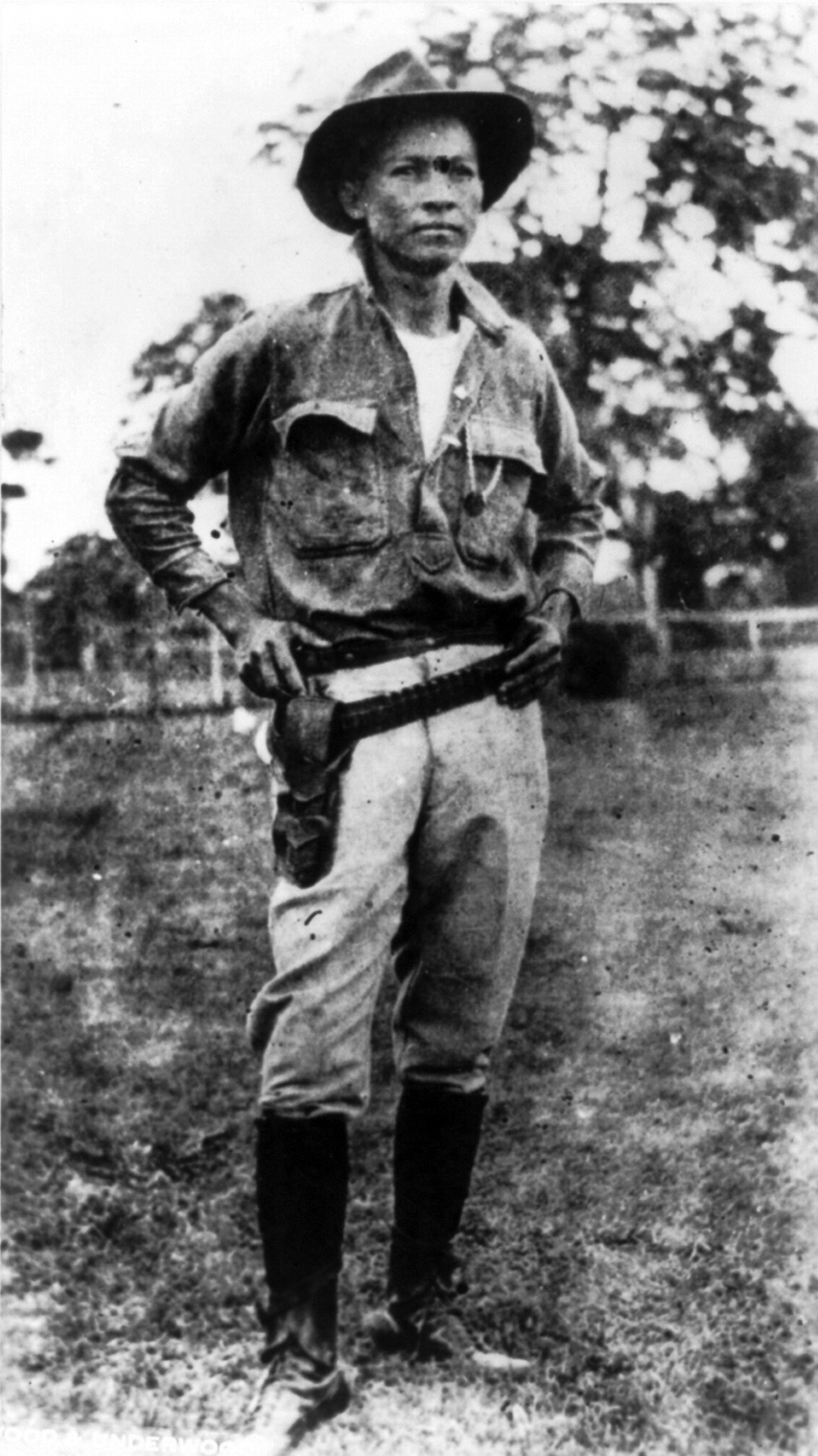This is one of the more interesting Macedonian folk tales collected by Marko Cepenkov. Like many such tales, it is (very loosely) based on Biblical stories, but has a unique twist -- and may be of as much interest to project managers as to theologians...
This story was recorded by Marko Cepenkov in Prilep from an informant named Ivan Motev, and published in Sofia in the SbNU, vol. XV, pp. 91-92, in 1898. The original publication is in what appears to be a version of the 19th century Bulgarian orthography adopted for the central Macedonian dialect; the story has been since reprinted in the modern Macedonian orthography (again, adopted for the particular dialect), e.g. in Predanija i Legendi, ed. Kiril Penuševski, Skopje, 1969.
When the Lord created people (Господ кога и создаваше луѓето)
When the Lord created heaven and earth, with everything that's on them and in them, everything that we can or cannot see, living and dead; and when the Lord -- praise be to Him! -- saw that everything that He had made was made well, He also decided to create people on this earth, so that they would live and glorify Him. When creating everything in the world, the Lord scheduled one day to work on something, another day to work on something else, the third day for the third thing, the fourth day... and so on. He had just one day scheduled for creating people. He got up early in the morning, rolled up His sleeves, took a mattock in His hands, dug up some soil, prepared clay, and started making people, like a potter who makes pots. First He'd make the legs, then the trunk, then the arms, then the head, hair, ears, eyes, nose, and all other organs all put together; like a clockmaker, which puts the cogwheels of a clock together with a great skill, in this way He, too -- praise be to Him! -- put together all organs of a man with great skill, so that no part would be put incorrectly, thus resulting in a poorly made man.
He had made so many people by lunchtime, got hungry -- praise be to God! -- and sat down to lunch; and after lunch He'd make more people, as many as he needed. The Lord lunched on a bagel and milk, looking at the people whom He had made and whom He had lined up in front of Him, like a battalion of soldiers. He looked at them and smiled to Himself, because it was a pleasure to look at them, so handsome and smart they had been made.
"Oh, how good they are, these people whom I have made!", He said to Himself, "These people, they really are in My image! I have made so many before lunch; but if I make as many before the end of the supper time, that will be no good: I sill need ten times as many people as I have made! So I need to make a mould, and to make them with the mould; this way I will be able to make as many people as I need by supper time".
He quickly finished His lunch, crossed himself, rose from His meal, washed His hands, and made a mould - great job! He prepared more clay, as much as He needed, and started making the rest of the people, as many as He needed. Put clay into the mould, press it in, and here's a man for you, just take him out of the mould! The Lord would turn a wheel and keep getting people out of the mould. And even if some came out with a lame leg, or with a crooked arm or neck, or blind, or bald, or with scabs on his skin; or if he were a bully, or a traitor, or a stubborn blockhead -- and even if the Lord saw him come out of the mould among other people -- He did not have time to correct the defect, because He was in a hurry to complete the planned number of people by supper time.
But you will say, why did not the Lord allocate two days and made all people like those good ones in the first batch, instead of setting up the wheels and moulds, from which would come out bad people, and not good ones, like those which the Lord had made by hand and which had come out good? As much as I can say about it, it is that it pleased Him to do it this way; because when a king gives his word, he does not go back on it; and the Lord is not to going to say that He'd make the people in one day, and then spend two days on it. That's one thing that will not happen: the Lord won't go back on His word!
And this is why there are good and bad people in the world, because the Lord made the good ones by hand, and the bad ones, with the wheel and the mould, like a potter who makes pots on a potting wheel.
P.S. An audio recording of this story, read by Boris Majstorov for Radio Skopje, is available on Youtube, as the second of the two stories in this clip (starting at around 11:00).






